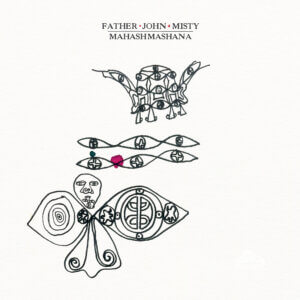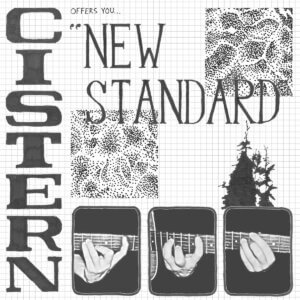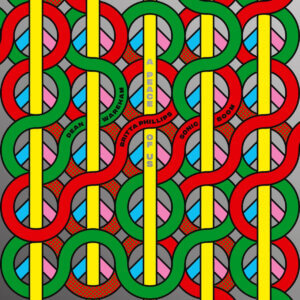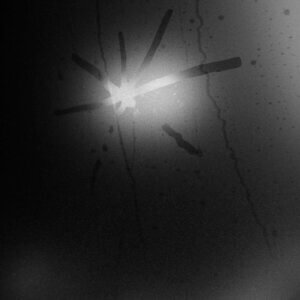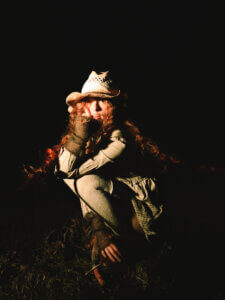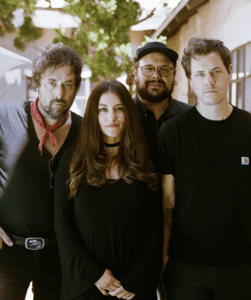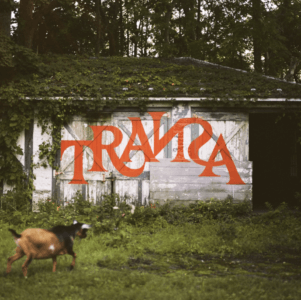Lilcas and Champagne – Lilcas and Champagne
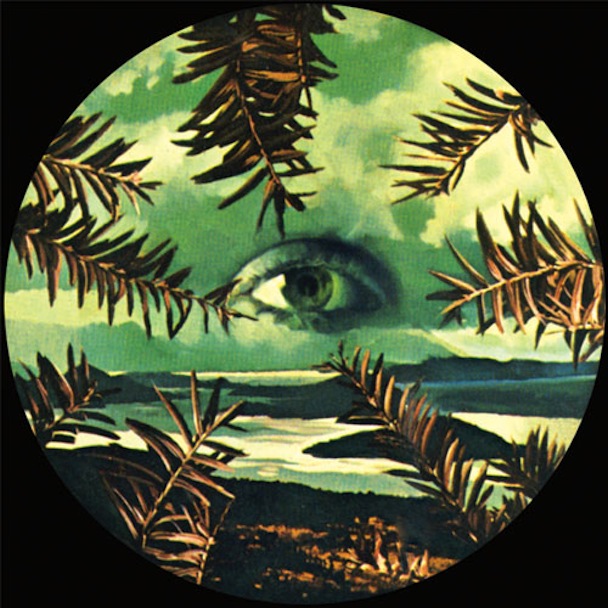
Artist: Lilacs and Champagne
Album: Lilacs and Champagne
Label: Mexican Summer
Rating 8.0
If anyone from Portland’s Grails releases anything, I listen to it. It’s a tactic that has paid off in the past—when Emil Amos joined Om in 2008, I made a point of checking out the band’s first LP with Amos in the lineup, God is Good. It added everything I thought of as missing from earlier Om releases. Grails is good. Grails makes everything better.
Amos and bandmate Alex Hall have a new project on the go, the romantically named Lilacs and Champagne. Unsurprisingly, it’s good. The album lacks the ominous authority of a Grails release, but it’s an intentional lack—there’s a focus on play and lightness in these sample-heavy tunes, but the playfulness that you hear was created by some serious musicianship.
Lilacs and Champagne has a certain nineties atmosphere: the sampling and crackling production and the eerie vocal melodies evoke the best moments of the dismally-named trip-hop movement. Geoff Barrow’s production work in Portishead is an audible influence, as is the all-over-the-place U.N.K.L.E. project piloted by DJ Shadow.
But that’s setting the retroactive sights of this project in the slightly-too-recent present. If Amos and Hall have learned about production techniques from people who are close to their own age, they’ve applied those tricks to a collection of samples from the past sixty years of obscure music and film history. Crate-digging and vault-digging was clearly part of the long gestation of this album. The track “Lilacs” is included as a remixed tribute to Czeslaw Niemen, a Polish musician with a crooner’s voice and a taste for odd organ-intros. The strangeness of the original Niemen version of the song from ’75 has to be heard to be absorbed properly [http://www.youtube.com/watch?v=qSAfROxqvtc], and the Hall / Amos version certainly amps up the odd.
It’s tough to roundly recommend this album to anyone who isn’t at least a bit of a fan of listening to film scores; the real pleasure of this work isn’t in the stitchwork that’s used to bind all the samples together: it’s the resultant aural storytelling, which seems ideally suited to a set of images that doesn’t exist on any screen.
Nathan Ripley
Latest Reviews
Tracks
Advertisement
Looking for something new to listen to?
Sign up to our all-new newsletter for top-notch reviews, news, videos and playlists.

